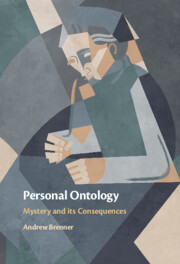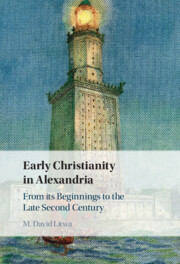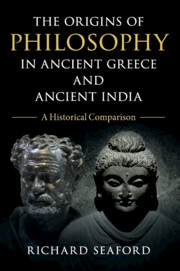A significant minority of Westerners believe in reincarnation, even though they do not belong to religions that teach it. What is the relationship of their belief to personal identity? In areas of the world where reincarnation is accepted, one can identify three forms of pre-natal and/or post-mortem identity: the continuing self/soul, the dissolution of the self, and family identity. Comparable concepts within the contemporary West might be labelled modern, postmodern and kin-based. The article considers three forms of evidence from Britain: everyday conversation, the personal stories to be found in Reincarnation International magazine, and an interview study of thirty adults and twenty children. It is concluded that (1) the understanding of A as the reincarnation of close family member B, found in several American and African tribes and in popular Hinduism, may be unusual in Britain; (2) in so far as people play with past identities, this cannot easily be squared with postmodern theories of the self; (3) the past identities constructed bear strong resemblance to current identities, and may be considered part of the modernist project of the self.


